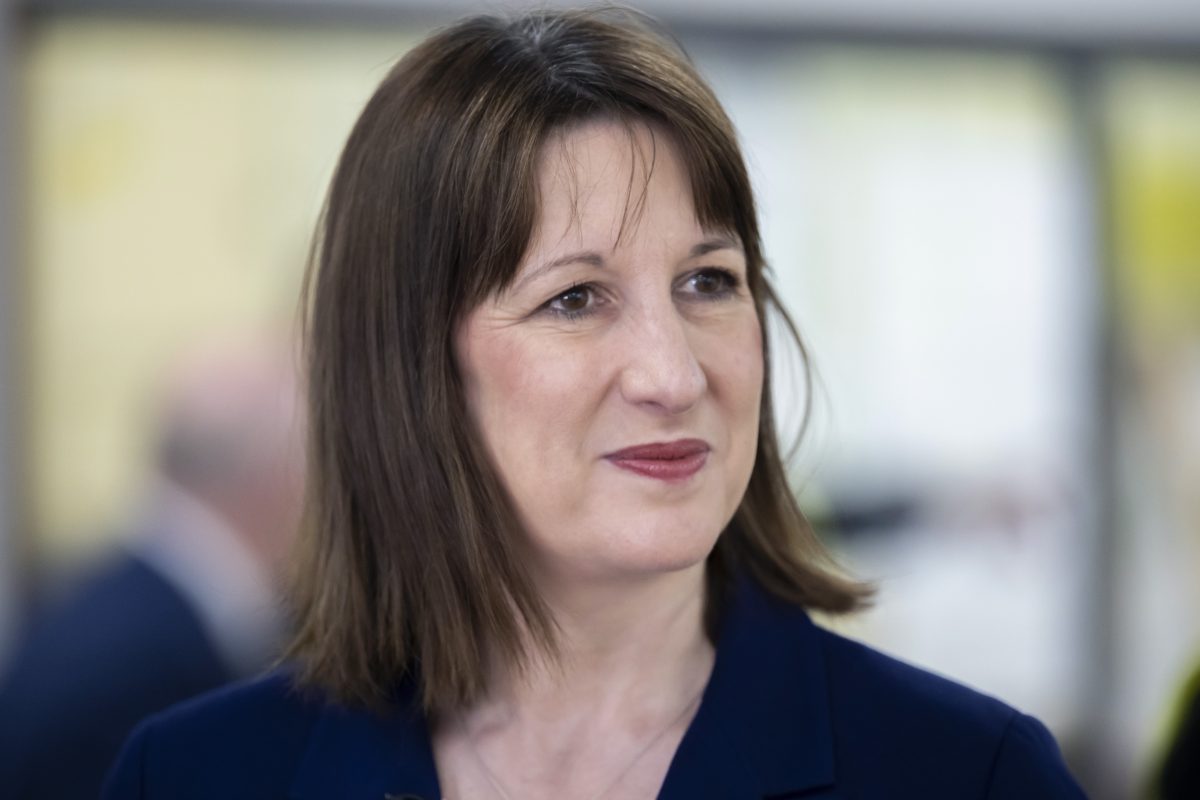Reeves will have to get real and raise taxes
Despite frantic denials, the debt burden means Rachel Reeves will soon have to revisit promises she made on tax in the care-free days of opposition, says Vince Cable The Chancellor has many competing priorities on Wednesday: a big rise in defence spending; keeping the NHS afloat; honouring promises not to raise taxes on income and [...]


Despite frantic denials, the debt burden means Rachel Reeves will soon have to revisit promises she made on tax in the care-free days of opposition, says Vince Cable
The Chancellor has many competing priorities on Wednesday: a big rise in defence spending; keeping the NHS afloat; honouring promises not to raise taxes on income and spending; bailing out bankrupt councils and universities; and, not least, managing the welfare budget without imposing hardship on the disabled or raiding on pensioners’ pockets. But the number one priority is keeping our money-lenders sweet.
Like other countries, the UK – rightly – borrowed heavily to cope with the financial crisis in 2008, Covid and latterly the ‘cost of living’ crisis. The current net public sector debt to GDP of just under 100 per cent is four times the level in 1989/90, before the golden era when Blair and Brown were able to surf the waves of global and national non-inflationary growth.
The debt burden is much less than we ‘enjoyed’ after the Napoleonic and World Wars. It also looks good compared to Japan – where debt is 220 per cent of GDP – though Japan has patriotic savers happy to lend their government the money cheaply. Britain also looks better than Italy – 135 per cent – or even France at 111 per cent, though they both have the backing of the Eurozone. And we seem better than the USA, with debt on 124 per cent of GDP and rapidly rising. Crucially, however, the Americans have the ‘exorbitant privilege’ of borrowing in their own currency: a perk which Trump will not give up and, if necessary, impose on reluctant lenders. By contrast, Britain is more exposed and cannot take liberties.
The debt burden
The overhang of debt becomes a burden on the budget when interest rates rise, as they are now. Interest on government debt averaged around twp per cent in the first two decades of the century but was almost four per cent in 2023/24, taking up almost nine per cent of government spending. Debt costs in this financial year have been around £105bn – that’s almost double what we’ve spent on defence in the same period. The OBR predicts future interest rates on government debt of 3.5 per cent which is consistent with a stable level of debt. This occurs when interest rates are no higher than nominal GDP growth (currently three per cent inflation plus real economic growth of around one per cent per anum).
But there isn’t much room for manoeuvre. One big uncertainty is Trump, whose economic policy is becoming less and less rational. Continued moronic behaviour around tariff warfare and unfunded tax cuts will slow growth, raise inflation, and raise risk premiums everywhere. There is nothing Rachel Reeves can do about Trump beyond keeping our own house in order. And our money lenders happy.
That is becoming increasingly difficult. She must not sacrifice her one big achievement as Chancellor which is to have accepted the need for borrowing to invest – something that previous governments, including mine, failed to do. Such investment is key to growth and growth is necessary to achieve debt sustainability. So current public spending must carry the weight of budgetary discipline. After the ‘easy’ – if damaging – cuts in programmes like foreign aid and disability benefits for the mentally ill, she is left with deeper cuts in budgets which have already been cut to the bone. Ask a policeman. Or a teacher.
She must not sacrifice her one big achievement as Chancellor which is to have accepted the need for borrowing to invest – something that previous governments, including mine, failed to do
No doubt the numbers will be made to add up for Wednesday’s Spring Statement. Beyond that, spending targets enter the supernatural world. Inane announcements about ‘cutting waste’ and quango culls don’t cut it. Believe me, I have been there. Now, to superimpose a big new slab of spending on defence is literally incredible.
So what is to be done? Despite frantic denials, the Chancellor will soon have to revisit the commitments made on tax in the innocent, care-free days in opposition. So far, the pledge not to raise the main taxes on income and spending has been met by dodgy swerves like the NICs rise. But more will be needed. Despite self-piteous claims that Britain is over-taxed, European welfare states operate at much higher tax levels and the Scandinavians are more economically dynamic than we are. Guns plus butter plus debt service equals higher tax. Let us get real.
Sir Vince Cable is an economist, author and the UK’s longest serving Business Secretary



